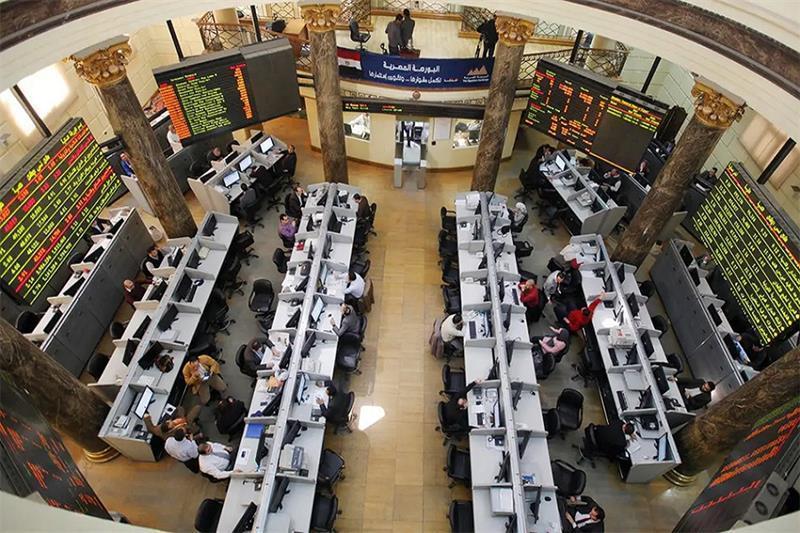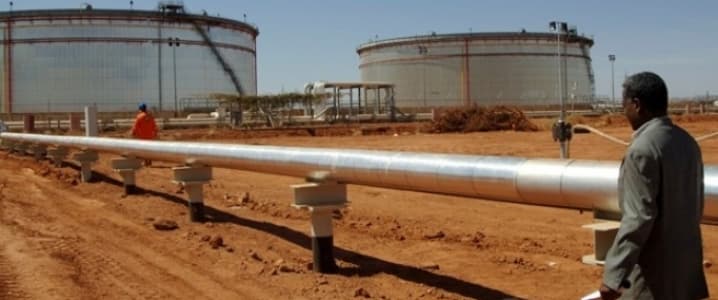
Investors have surged towards an exchange-traded fund that tracks Egyptian stocks, capitalizing on a surge in the nation’s stock market. This trend is driven by domestic investors seeking refuge in equities amid concerns of rising inflation and the prospect of currency devaluation.
The VanEck Egypt Index ETF (EGPT.N), which follows the MVIS Egypt Index (MVEGPTTR), surged by nearly 19% last week, marking its most robust weekly performance since June 2012.
“Egypt (stock market) is up more because of local investors looking for a hedge for high inflation, rather than a revisit by foreign investors, who remain concerned about devaluation,” said Hasnain Malik, head of equity research at Tellimer.
The fund, which manages $22 million in net assets, experienced net inflows of $1.3 million on Thursday, marking its most significant growth in nearly seven months, as reported by Lipper data.
In September, inflation in Egypt reached its fourth consecutive record high, surging to 38%, exacerbating the cost-of-living crisis.
The rapid expansion of the money supply over the past two years has resulted in a significant price surge, and the Egyptian Pound has depreciated by nearly 50% against the US dollar since March 2022.
All these indicators suggest a necessity for another currency devaluation. However, as per some analysts, Egypt is unlikely to proceed with a currency devaluation before the December presidential election, as it could potentially lead to social unrest.
The ongoing conflict between Israel and the Palestinian group Hamas in Gaza, which borders Egypt, had an impact on the VanEck Egypt Index ETF, causing it to decline by 3% in early trading on Monday.
Medical authorities in Gaza reported on Sunday that 8,005 individuals had lost their lives in Israeli airstrikes, which occurred after Hamas incursions into Israel on October 7, resulting in the deaths of 1,400 people, as per Israeli authorities.
Egypt’s blue-chip index, EGX30, which has surged by 60.2% this year, primarily due to a strong rally in the past three months, declined by 0.8% on Sunday. This drop followed President Abdel Fattah al-Sisi’s warning about the region’s potential to become a “ticking time bomb.”




